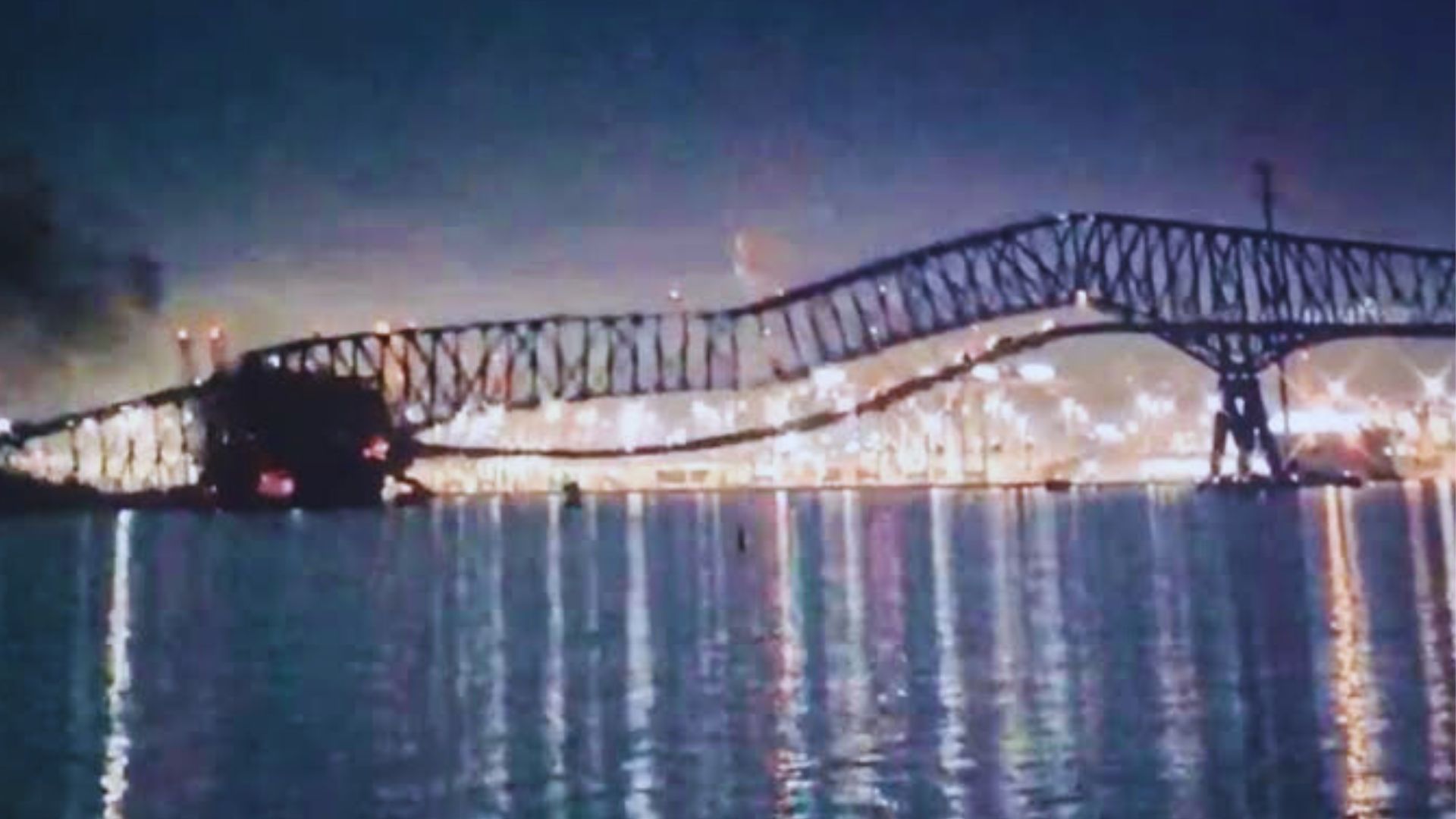
Tragic LA Fires: Lives Lost and Unforeseen Disaster Amidst Looting and Drone Incidents
Overview
The recent wildfires that ravaged Los Angeles, California, left behind a trail of devastation and heartbreak. Lives were lost, homes were destroyed, and communities were displaced. The blazes, fueled by drought conditions and strong winds, spread rapidly, leaving behind an unprecedented level of destruction.
Amidst the tragedy, reports of looting and drone incidents further complicated the situation, raising concerns about public safety and the effectiveness of emergency response efforts.
Lives Lost and Devastating Consequences
The fires claimed the lives of at least 87 people, making them the deadliest in Los Angeles County history. Many of the victims were elderly or disabled, unable to evacuate their homes in time. The loss of life is a profound tragedy, leaving behind grieving families and a community in mourning.
Unforeseen Disaster: Looting and Drone Incidents
In the aftermath of the wildfires, reports of looting emerged, tarnishing the spirit of community and recovery. Stores were ransacked, and neighborhoods were left vulnerable to crime. The looting not only added to the trauma experienced by fire victims but also hindered emergency response efforts by diverting resources away from firefighting.
Compounding the situation were drone incidents. Unmanned aerial vehicles flew over fire zones, interfering with firefighting aircraft and posing a safety hazard. The presence of drones forced firefighting operations to be grounded, delaying containment efforts and putting lives at risk.
Critical Analysis of Perspectives
The tragic LA fires have sparked a critical analysis of perspectives on disaster preparedness and response. Some argue that the looting incidents highlight the need for better community policing and support systems, especially in vulnerable areas.
Others emphasize the importance of addressing underlying social and economic inequalities that may contribute to looting. They call for long-term investments in affordable housing, education, and job creation to prevent similar incidents in the future.
Regarding drone incidents, experts have raised concerns about the unregulated use of these devices in emergency situations. They recommend stricter regulations and enforcement mechanisms to prevent drones from disrupting firefighting operations and endangering lives.
Lessons Learned and Recommendations
The LA fires have provided valuable lessons for improving disaster preparedness and response. Emergency management agencies should prioritize the safety and well-being of vulnerable populations, ensuring they have access to evacuation plans and support services.
Community involvement and collaboration are crucial in preventing looting and fostering a sense of unity during recovery efforts. Neighborhood watch programs, community policing initiatives, and mutual aid networks can play a vital role in deterring crime and maintaining order.
Regulating the use of drones in disaster zones is essential. Clear guidelines should be established to prevent interference with emergency operations, ensure public safety, and protect the privacy of victims.
Conclusion
The tragic LA fires serve as a somber reminder of the devastating consequences of natural disasters and the importance of preparedness. The loss of life and the unforeseen challenges posed by looting and drone incidents underscore the need for a comprehensive and multifaceted approach to disaster management.
By addressing underlying social and economic inequalities, strengthening community resilience, and improving emergency response protocols, we can better mitigate the impact of future disasters and create a more just and equitable society.
0 Comments: